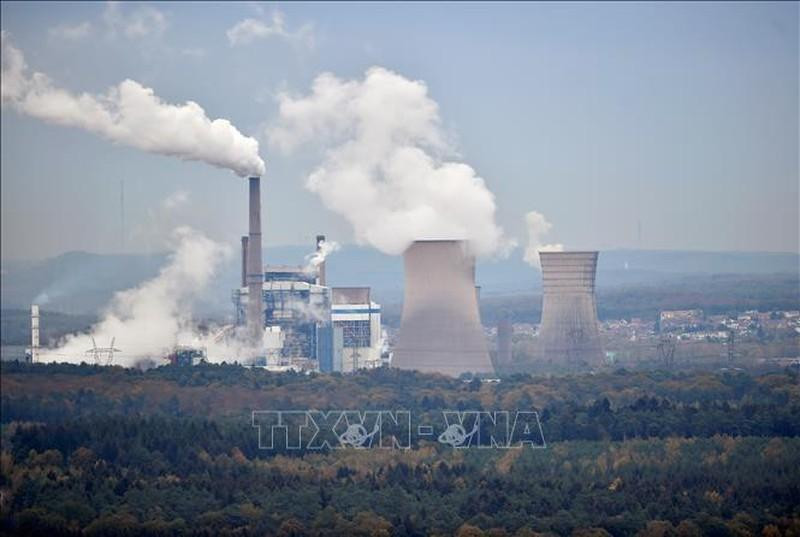Poor countries are struggling with difficulties and need financial resources and solutions to balance environmental protection with economic development. The commitment of rich countries is expected to help create a new step in the implementation of the goals of the Paris Agreement on climate change.
In the statement made at a meeting on the sidelines of the meeting of the International Monetary Fund (IMF) and the World Bank (WB) in Washington, the US, the Finance Ministers and Central Bank Governors of the G7, reaffirmed their commitment to achieving net-zero emissions by 2050. G7 officials expressed their determination to accelerate the energy transition, thereby strengthening energy security.
In addition, the G7 pledged to make substantial progress towards realising the goals of the Paris Agreement on climate change at the 27th Summit of the Parties to the United Nations Framework Convention on Climate Change (COP27) in Egypt this November. In particular, rich countries maintain their commitment to mobilize 100 billion USD per year until 2025, to support developing countries to respond and adapt to climate change.
The commitment was made by developed countries in 2019, to allocate 100 billion USD a year by 2020, to help developing countries tackle the climate crisis. However, it has not been implemented fully.
Even if fully disbursed, the amount mentioned above will only meet 3% of those countries’ needs. In 2021, the group of rich countries promised to increase funding for climate adaptation programmes, but it still failed to meet the needs of developing countries.
When the global economy is at risk of affecting the fight against climate change, developing countries have sent a common message that more funds and financial resources are needed to combat climate change. Poor countries' access to financial resources needs to be simplified.
Developed countries should put in place a clear roadmap to initiate the allocation of committed financial packages. Meanwhile, the funding for countries to overcome climate-related damages is one of the important issues that will be prioritised for discussion at COP27.
Egypt, the host of COP 27, is committed to promoting the interests of developing countries as well as the financial need to adapt to the impacts of climate change. International financial institutions said they would prioritise funding for emission reduction projects in low- and middle-income countries and help countries to increase their access to international carbon markets.
The three areas prioritised by the World Bank for funding are natural climate solutions based on agriculture, forestry, land use and oceans; sustainable infrastructure development such as energy and transport; financial and fiscal solutions, with direct or indirect mobilisation of resources for climate action. During 2022 fiscal which ended on June 30, the World Bank provided more than 30 billion USD for climate-related financing activities.
The World Bank has announced that it will launch a new trust fund, named Scaling Climate Action by Lowering Emissions (SCALE), to bring together public funds for projects to reduce carbon emissions, including the decommissioning of thermal power plants.
The United Nations has stressed the importance of financial support in the fight against climate change when 80% of finance comes from the national budget, which is a very difficult problem for developing countries. The stronger commitments from the G7 and financial institutions are expected to bring new positive momentum to the tough fight against climate change.
















